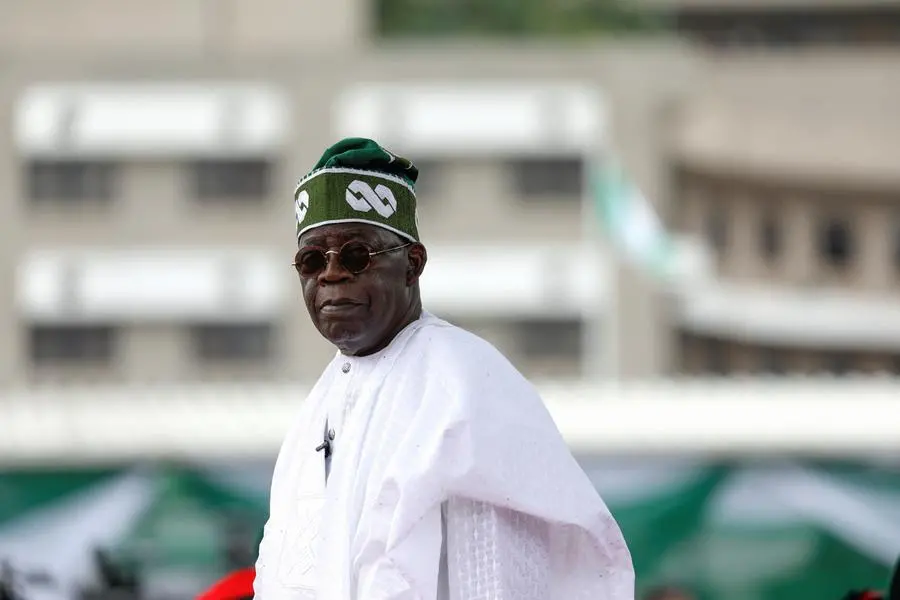
Nigerian President Bola Ahmed Tinubu has set an ambitious target: to raise the country’s annual economic growth to 7% by 2027, with the goal of quadrupling the size of the economy by 2030 and lifting millions out of poverty.
Yet, analysts warn that recent trends and international projections suggest the path ahead will be challenging.
When Tinubu assumed office in 2023, he initially set a 6% growth target and launched sweeping reforms aimed at reviving national production.
These included eliminating fuel and electricity subsidies, partially liberalising the foreign exchange market, and devaluing the naira. The reforms were intended to restore investor confidence and reinvigorate an economy that had stagnated for a decade.
While welcomed by some foreign investors, the policies have also triggered the most severe cost-of-living crisis in a generation, driven by imported inflation and rising transport and electricity prices.
In the first quarter of 2025, Nigeria’s GDP is expected to grow by just 3.13%, with a total GDP of $243.55 billion — far below the president’s ambitions.
International institutions remain cautious. The World Bank projects growth of 3.6% in 2025 and 3.8% in 2027, while the IMF forecasts between 3.2% and 3.4% over 2025–2026.
To achieve 7%, Nigeria would need to close a nearly three-percentage-point gap relative to current projections. By comparison, sub-Saharan Africa is expected to grow at 3.5% in 2025 and 4.3% in 2027, meaning Nigeria would need to significantly outperform regional averages.
A restrictive budgetary context adds to the challenge. Public savings are low, at around 5% of GDP, constraining infrastructure and growth-supporting investments. Tinubu has ordered a review of revenue retention and federal deductions from the tax service, customs, and the national oil company, NNPC Ltd., to mobilise additional resources.
Experts say achieving the 7% target would require stabilising the naira, controlling inflation, expanding public investment beyond 5% of GDP, improving electricity and logistics, and diversifying the economy beyond oil into agriculture, light manufacturing, and digital services.
For Tinubu, the 7% goal is as much political as economic, signalling a commitment to reform and recovery.
Yet, given Nigeria’s recent history of average growth around 2.7%, most analysts consider a more realistic trajectory between 4% and 5% unless major structural changes are implemented rapidly.



